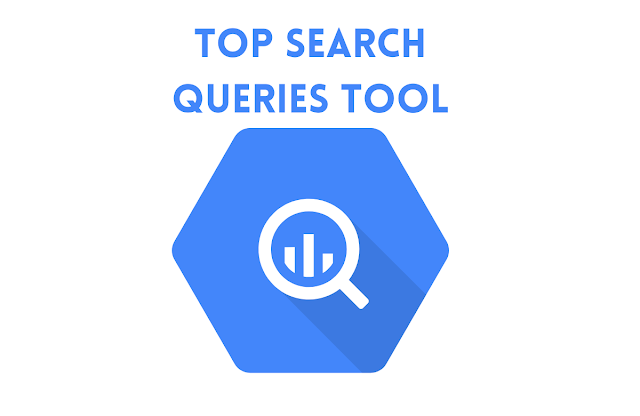Related
Keyword Density
Search Queries
With the vast amount of information available on the internet, search engines have become the go-to source for information.
People rely on search engines to find information about anything and everything, from the latest news to product reviews and everything in between.
This has made search queries an integral part of our daily lives. In this article, we will discuss search queries, their types, and how they are used in SEO.
What are Search Queries?
A search query is a term or a set of terms that a user types into a search engine, like Google, to find information.
The search engine then returns a list of results that match the query. The query can be a question, a phrase, or just a word.
Search queries are an essential part of the search process, as they help users find relevant information quickly and easily.
SEO Search Queries
Search queries play a vital role in SEO as they are used to optimize website content for search engines.
SEO professionals use search queries to optimize website content for different types of queries, which can help improve the website's search engine rankings. Here are some ways search queries are used in SEO:
Keyword Research: SEO professionals use search queries to conduct keyword research. Keyword research involves finding the right keywords to optimize website content for.
By analyzing search queries, SEO professionals can identify the keywords that users are searching for and use them to optimize website content.
On-page Optimization: SEO professionals use search queries to optimize website content.
By including keywords in the title tags, meta descriptions, headers, and body content, SEO professionals can help search engines understand the content on the website.
Content Creation: SEO professionals use search queries to create content that is optimized for search engines.
By analyzing search queries, SEO professionals can identify the topics that users are interested in and create content that provides value to users.
Website Search Query
A website search query is a search query that is performed within a specific website's search function.
Many websites have a search bar or search function that allows users to search for specific content within that website.
Website search queries are different from search engine queries, as they only search within the website's content.
For example, if a user is on an e-commerce website and wants to find a specific product, they can use the website's search bar to search for the product.
The website will then return results that match the search query within its own content, such as product pages, category pages, or blog posts.
Website search queries can be useful for both website owners and users. Website owners can use the search queries to gain insights into what users are searching for on their website, and can optimize their content accordingly.
Users can use website search queries to find specific content on a website quickly and easily, without having to navigate through the website manually.
Webmaster Tools Search Queries Change
Webmaster Tools (now known as Google Search Console) is a free tool provided by Google that allows website owners to monitor and maintain their website's presence in Google search results.
One of the features of Google Search Console is the Search Analytics report, which shows website owners the search queries that users are using to find their website in Google search results.
In the past, the Search Analytics report provided website owners with information about the search queries that users were using to find their website, including the number of clicks, impressions, click-through rate, and average position.
However, in 2018, Google announced that it would be making changes to the Search Analytics report, including the removal of some data.
The changes to the Search Analytics report meant that website owners would no longer be able to see the exact search queries that users were using to find their website.
Instead, website owners would only see aggregated data, such as the number of clicks, impressions, and click-through rate for specific groups of search queries.
The changes to the Search Analytics report were made to protect user privacy and to comply with the General Data Protection Regulation (GDPR), which came into effect in May 2018.
It is noted that the GDPR requires companies to protect the personal data of EU citizens, including their search queries.
The changes to the Search Analytics report meant that website owners would have less detailed information about the search queries that users were using to find their website.
However, website owners can still use other tools, such as Google Analytics and third-party keyword research tools, to gain insights into the search queries that users are using to find their website.


.png)


.png)
.png)
.png)

.png)


0 Comments